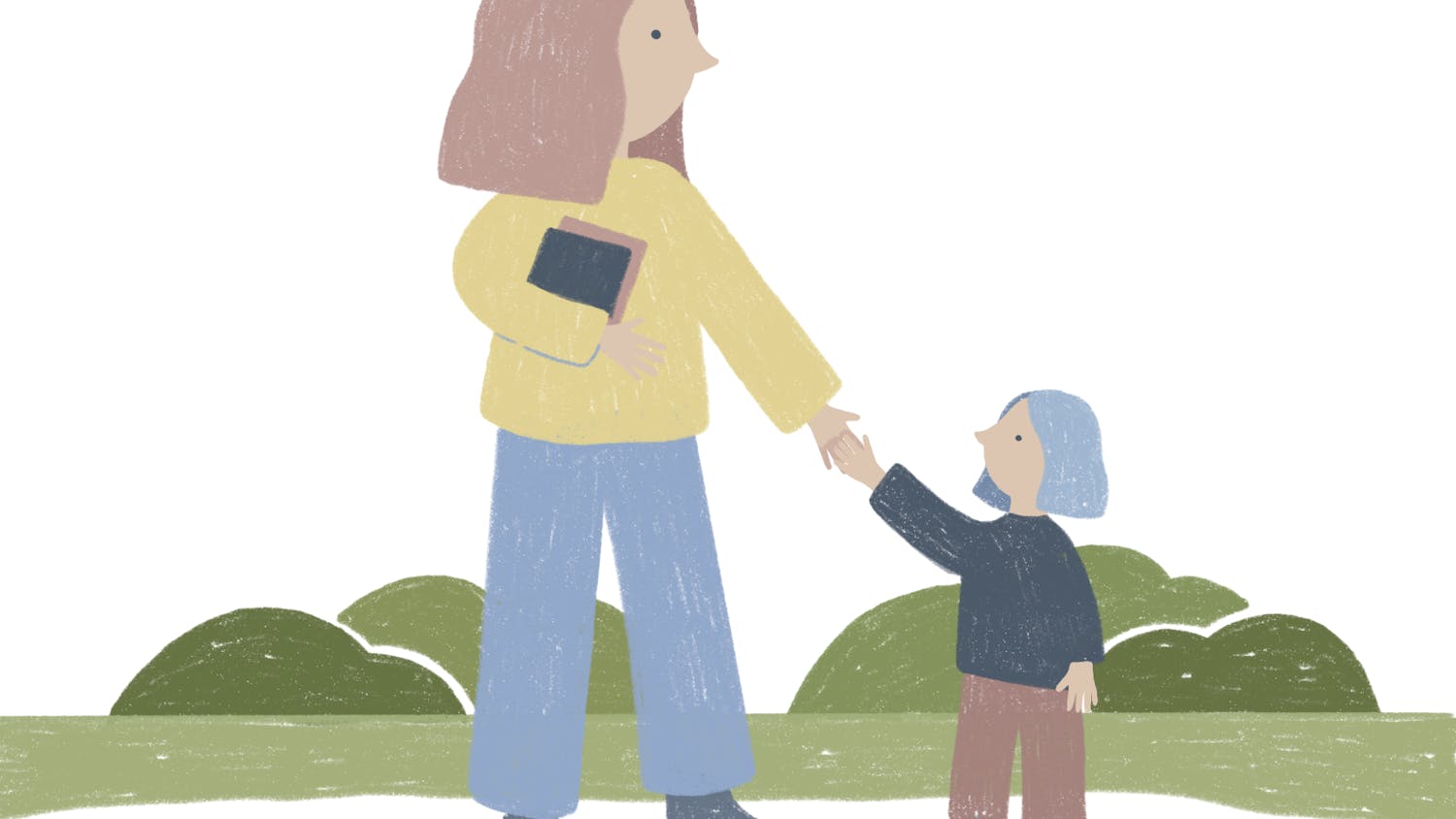Suicide is a term riddled with a negative connotation, and yet it is commonplace in society today.
The stigma of silence around suicide and the idea that it shouldn’t be talked about can be one of the biggest barriers in effectively preventing suicides and helping a struggling individual seek treatment.
One way to combat this is to have less stigmatizing language when addressing suicide and is something that can be practiced in everyday life.
Rather than saying someone “committed suicide,” implicating that they are criminal or committed a crime, it’s better to say outright that they “took their own life” or “died by suicide”.
It’s also harmful to say things like “successful” or “unsuccessful” or “failed attempt” at suicide, or saying that somebody “finally succeeded in committing suicide.” You don’t want to assign blame or make it seem like suicide is a goal. Instead, it is more accurate to say that somebody “tried to end their life,” or had a “non-fatal” attempt.
Addressing the topic of suicide in this manner helps both survivors of suicide and those who have dealt with it individually feel less stigma.
When discussing suicide prevention, it is important to recognize the signs presented. Contrary to popular misconception, there are almost always signs that a suicide is in consideration or is going to occur before the fact but only if you know what to look for.
If you notice that the person you’re concerned about seems hopeless or depressed, reach out. If they make jokes about suicide, it might be to gauge your reaction to their discussion of it or the topic in general. If they say things like “none of this will matter soon anyway,” “I won’t be around long enough to…” or “It would be better for everyone if I was gone,” etc., these are often thinly veiled indications that they may be considering killing themselves.
If someone has been depressed, saying the above things, etc. and then suddenly seems to be in markedly better spirits, that’s a big red flag and can mean that they have decided to end their suffering through suicide. At this point or before, it is very important to respond.
So what are the proper actions to take initially?
In responding to somebody who may be suicidal, first, state what you have noticed and express your concerns. Then, in order to remove any stigma or societal shame they might be experiencing, remind them that suicide ideation is normal for people who are struggling.
The ability to express empathy can extremely help remind these individuals that they are not alone in this fight. It’s important to do this so that the struggling person doesn’t feel isolated or alienated.
After these two things, do not be afraid to ask the question “Are you considering suicide?” Sometimes, people can be afraid to ask this question for fear of putting the idea in someone’s head. But, this is another myth — that person has definitely heard of suicide before and you asking the question/bringing the situation into the light could make all the difference.
After asking these questions, refer them to local professionals or places to get the personal help and care that they need.
Advocacy, education and support are three pillars to live by with regards to suicide prevention and mental health awareness.
Education on the steps to take and how to respond can help individuals and communities know how to properly care and support for those affected by suicidal ideations.
Knowledge can be spread like wildfire and, from there, society as a whole will have the ability to advocate and help those in need. This is how we stop suicide and eliminate mental health stigma.
This opinion was co-written by Alexandra Hader, the ASM Equity and Inclusion chair, and the National Alliance on Mental Illness (NAMI). If you or someone you know is considering suicide, you can contact the University Health Services hotline at (608) 265-5600, or the National Suicide Prevention hotline at 1-800-273-8255. Send any and all questions or comments to opinion@dailycardinal.com.






